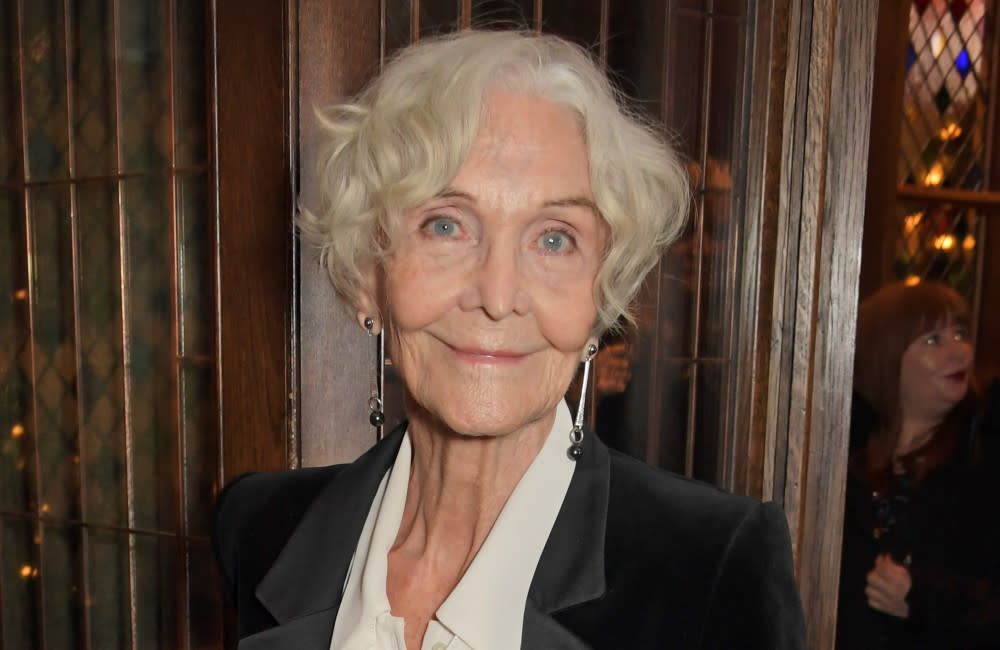Dame Sheila Hancock slams trend for public emotion

Dame Sheila Hancock has questioned why it has become a "badge of honour" to "cry".
The 89-year-old actress has criticised the was society has shifted so that being visibly "emotional" has become "obligatory", contrasting it with the "stiff upper lip" ethos that typified her own younger years.
She said: "How has being emotional become obligatory? Since when was it a badge of honour to cry? When I was young, being brave meant hiding your tears.
"Through bombing, separation, threat of invasion, hunger and death, the ethos of the 'stiff upper lip' and 'grin and bear it' prevailed.
"I only saw my mother cry once, when Chamberlain declared on the radio that we were at war: it was the second in her lifetime, so the tears were understandable."
The 'Unforgotten' actress - whose two husbands, Alec Ross and John Thaw, both died of oesophageal cancer in 1971 and 2002 respectively - questioned the "public displays of grief" that now surround death.
She wrote for Prospect magazine: "When did public displays of grief become the norm? Many people suggest the death of Diana was a trigger for us as a nation to howl with grief. We were angry with the Queen for staying in Balmoral to look after the bereaved young princes and not joining in the hysteria.
"When she and I were young, mourning was greeted solemnly as part of life. We wore black armbands or sewed patches on our coats and closed the curtains to show we were grieving and if a funeral passed by, we stopped and bowed our heads.
"Some people cheered and whooped when the Queen’s cortège passed. They wanted everyone to see and hear how they felt; that seems the modern way. We see a similar phenomenon at pop concerts, where hearing the music is less important to the audience than showing their loud approval."
While Sheila thinks it is a "good" thing for people to be more open about their feelings, she also warned an expectation of public displays of emotion can lead to them becoming "hollow and meaningless".
She concluded: "It is good that we are less inhibited in our expression of mental pain when it occurs, but we are in danger of demanding behaviour that conforms to some conventional pattern. We need to find a balance, and not be carried by fashion into something demanded of us that is hollow and meaningless."


